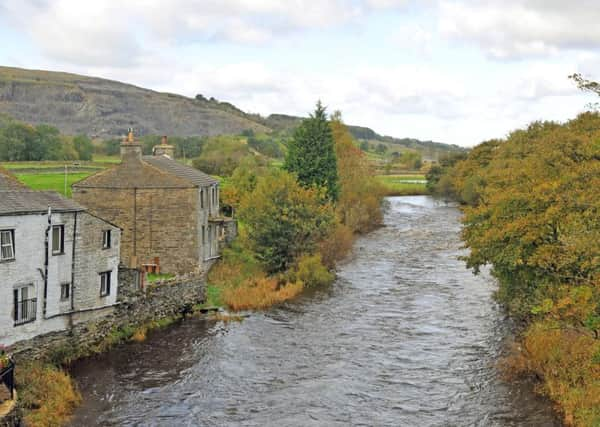Environment Agency defends proposed salmon '˜catch and release' policy


The Countryside Alliance claims that the mandatory rule could damage incentives for conservation work and consequently lead to reduced stocks of the fish in the rivers concerned.
It also objects to a rule change this year because many anglers have already purchased this season’s rod licence and fisheries and clubs will need time to adjust to any changes.
Advertisement
Hide AdAdvertisement
Hide AdThe policy would come into force in June and would apply to rivers where salmon stocks are predicted to be “at risk” in 2021, including the Lune, Ribble, Tees and Calder.
Jon Shelley, fisheries programme manager for the Environment Agency in Yorkshire, said: “We need to take action now in order to give as many of the salmon that make it back to our rivers as possible a chance to spawn successfully.
“The reasons for the decline of salmon are complex, and there is no single solution; reducing the catch of salmon can only partly contribute to the recovery of salmon stocks.”
The Agency is working with water companies and other partners to improve water quality and low flows on salmon rivers, and is investing in fish passage schemes across the country, Mr Shelley said, adding: “It is only through continuing to take concerted action, and through the co-operation of others, that we will successfully protect this iconic species for future generations.”
Advertisement
Hide AdAdvertisement
Hide AdBut James Somerville-Meikle, the Countryside Alliance’s political relations manager, said responsible anglers do not need to be dictated to by a law change.
“Responsible anglers are not the cause of the problem and in many cases the time and money invested by people who fish have helped to slow and reverse the decline of fish stocks,” he said.
“Many of the rivers included in these proposals are already achieving voluntary catch and release rates of over 90 per cent.”